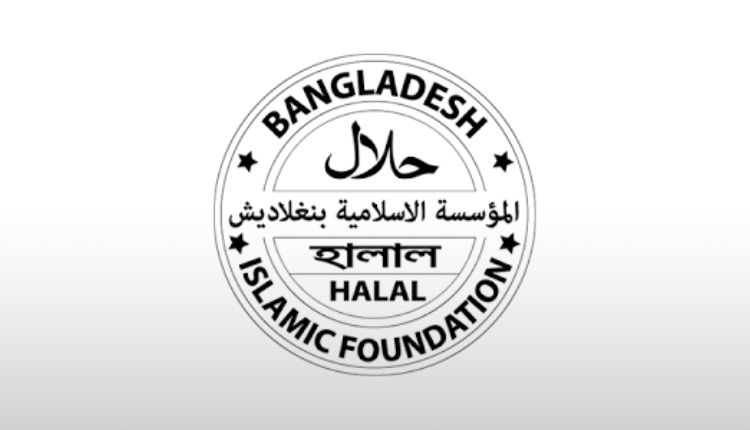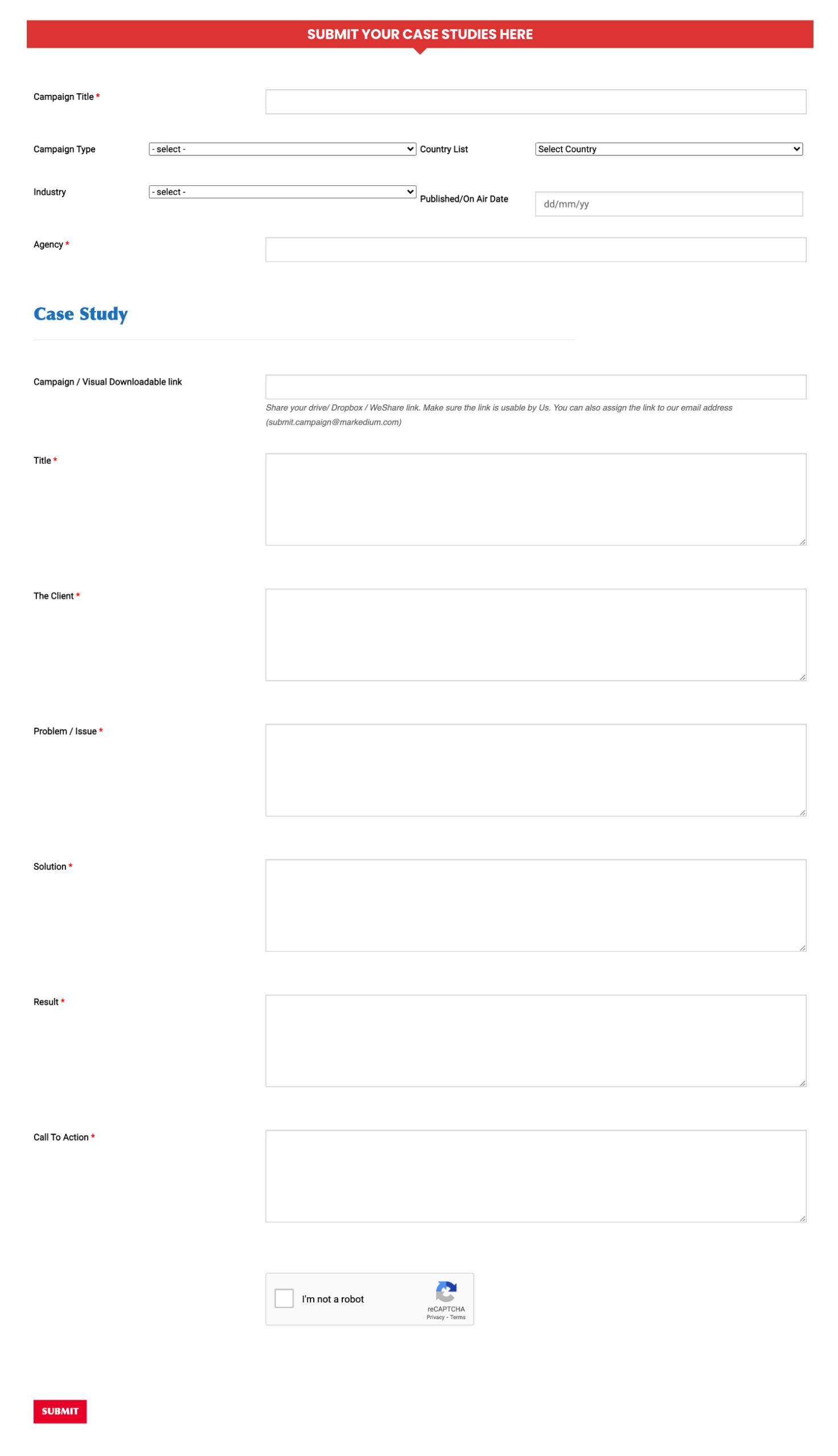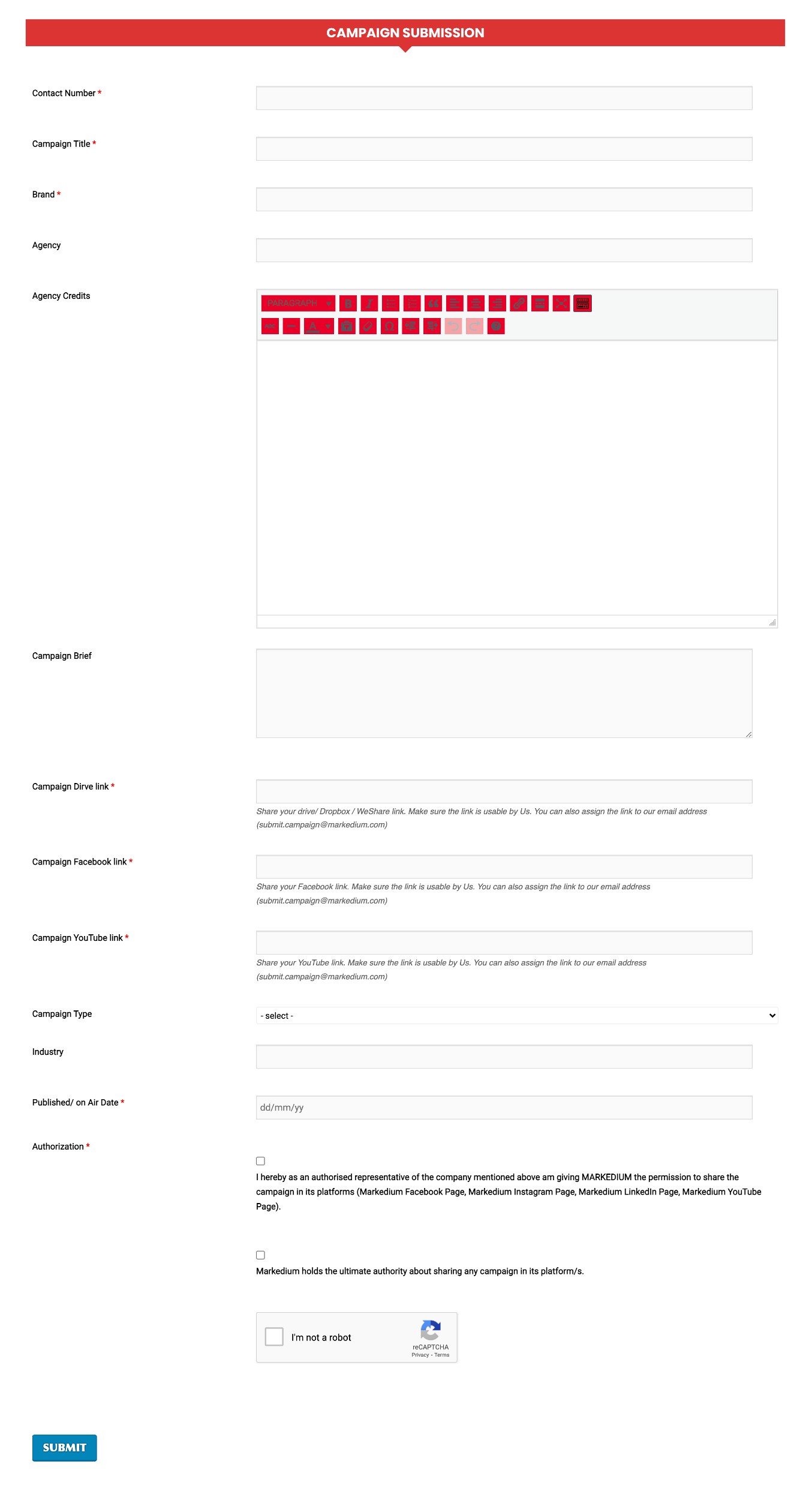
Bangladesh Introduces Halal Certification Policy1 min read
In a pivotal move, Bangladesh has implemented a new halal certification policy, requiring businesses involved in halal goods to obtain certification and display the associated logo. The Bangladesh Islamic Foundation (BIF) issued the policy, marking a strategic effort to streamline the production and marketing of Shariah-compliant products.
Md Abu Saleh Patwary, Deputy Director for Halal Certification at the BIF, emphasized the policy’s significance as a guideline for halal certification, providing a structured framework for businesses. This is the first official policy for halal certification by the BIF, aiming to promote local halal products on the global stage. The certification process involves the issuance of certificates and the halal logo for one year, extendable based on adherence to specified standards. Key provisions include sudden inspections to ensure compliance with halal rules, prohibiting the use of non-halal materials, and enforcing good manufacturing practices.
The policy extends to pharmaceuticals and cosmetics, including herbal and Ayurvedic medicines in the halal certification process. Fees for certification vary based on factory size and type, with the aim of encouraging compliance across industries. Bangladesh currently boasts 179 certified companies producing around 1800 halal items, with 62 companies exporting over 200 products globally.
The global halal market is estimated to be worth over $3 trillion, projected to reach $7 trillion by 2025. While specific market data for Bangladesh’s halal industry is not available, the policy is expected to enhance the country’s position in the lucrative global halal market.
For more updates, follow Markedium.



